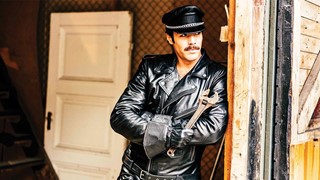As the annual event prepares to launch this week, New York-based writer Kristen Cochrane spotlights the films you'll be watching all summer
While co-founded by Robert De Niro, one of the most venerable and high-profile actors of our time, the Tribeca Film Festival has been monumental in showcasing high quality independent film. Whether it’s a known actor’s foray into filmmaking (like the way underrated James Franco-directed King Cobra) or a mostly unknown first-time filmmaker, the festival has a lowkey vibe that simultaneously brings much of Hollywood to the east coast. In other words, now’s the time to call your old friend who lives in New York to ask if you can crash on their couch. If you’d rather splurge and not burden your long-lost friend, stay at The Standard, High Line in the Meatpacking District and end your nights with drinks in the hotel’s rooftop bar The Boom Boom Room, where you might run into some Tribeca talent. Here’s a list of ten films that you probably shouldn’t miss.
1. Tom of Finland, directed by Dome Karukoski
Based on the true story of Touko Laaksonen, known by his pseudonym Tom of Finland, renowned Finnish director Dome Karukoski sheds light on the cult artist whose queer, hypermasculine erotic illustrations divided audiences in the 1960s and 1970s. The artist contributed to the emergence of the “beefcake” genre, where muscular men posed in magazines that were thinly disguised as fitness and bodybuilding inspiration, but in reality, were intended for a queer male audience. The film Tom of Finland explores the artist’s trauma from his enlistment in WWII and his attempts to hide his homosexuality from family, friends, and the general public. But with the onset of the sexual revolution and queer consciousness-raising, Tom of Finland became an inspirational gay icon.
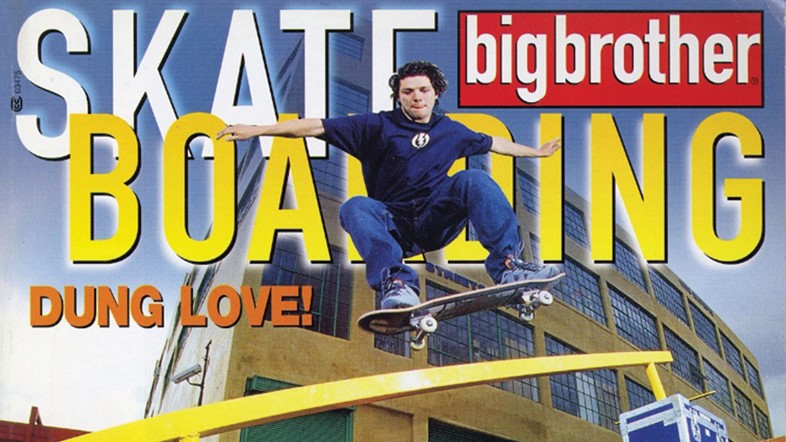
2. Dumb: The Story of Big Brother Magazine, directed by Patrick O’Dell
After the height of skateboarding’s popularity in the 1980s, the recreational street pastime and sport was losing favour in the 1990s. When Big Brother magazine arrived on the scene in 1992, street skateboarding experienced a renaissance. Through the magazine’s genesis, the dangerous stunts and gross-out humour that characterised the 2000s TV and film hit Jackass was popularised. Later, the cult magazine’s same players – like Johnny Knoxville, Bam Margera, and Steve-O – would be at the helm of the Jackass franchise.
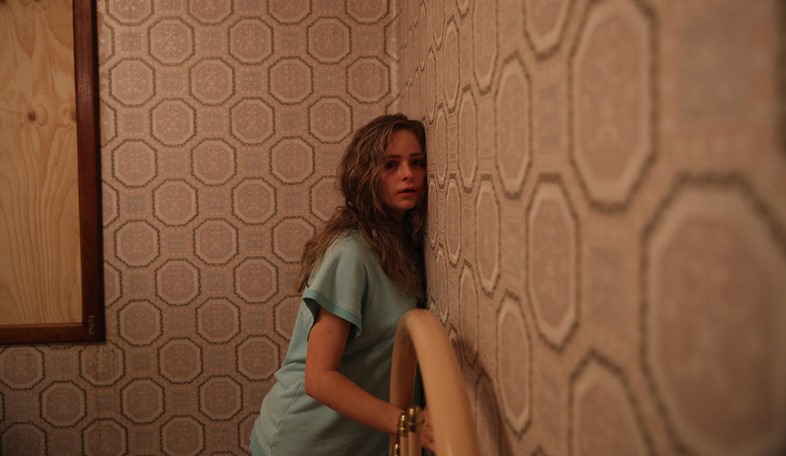
3. Hounds of Love, directed by Ben Young
If you were moved by the aesthetics and anachronisms of the spellbinding 2014 horror film It Follows, Hounds of Love could fill the void of ornate retro set design and costuming. The thriller, set in suburban Perth in 1987, is Australian filmmaker Ben Young’s debut, and it looks creepy as hell. The film chronicles serial killer couple John and Evelyn White who, unbeknownst to everyone, are at large and terrorising the suburbs. Angry with her mother, Vicki Maloney sneaks out to a party, where she is offered a ride by the serial killer couple whose modus operandi is picking up their victims in their car. The other thrill of Hounds of Love, however, is how Vicki manipulates Evelyn White into experiencing insecurity over her relationship with her love-partner-in-crime.
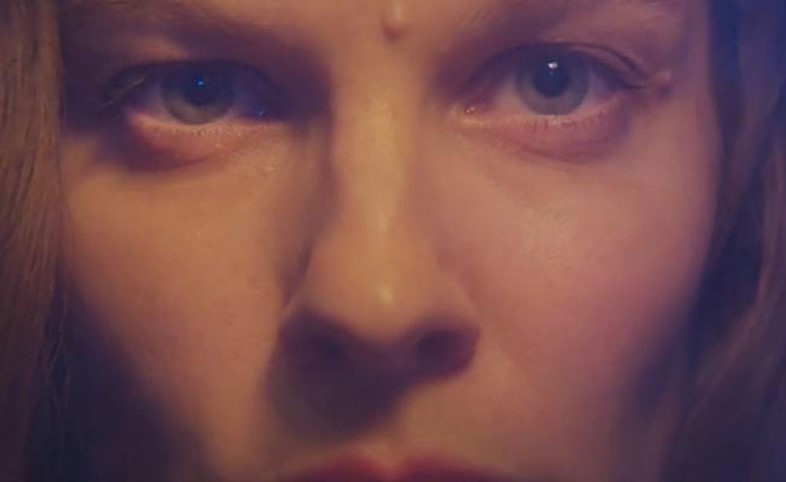
4. Thirst Street, directed by Nathan Silver
The lusty drama Thirst Street is the unbelievably prolific American filmmaker Nathan Silver’s ninth feature film. Among his repertoire is Stinking Heaven, the 2015 black comedy in which recovering addicts live in a self-made sober home, selling kombucha out of a van to make ends meet. Then there’s Silver’s 2016 film Actor Martinez, a self-reflexive drama that tells the story of a computer repairman who moonlights as a part-time actor in Denver, hiring two indie directors (Nathan Silver included) who play themselves. In Thirst Street, Silver’s dark sensibility is at work, rendering a tale of a flight attendant named Gina who, on a layover, falls for a Parisian bartender. And like the 1970s psychodramas Thirst Street recalls, not everything is as it seems in Gina’s international dalliance.
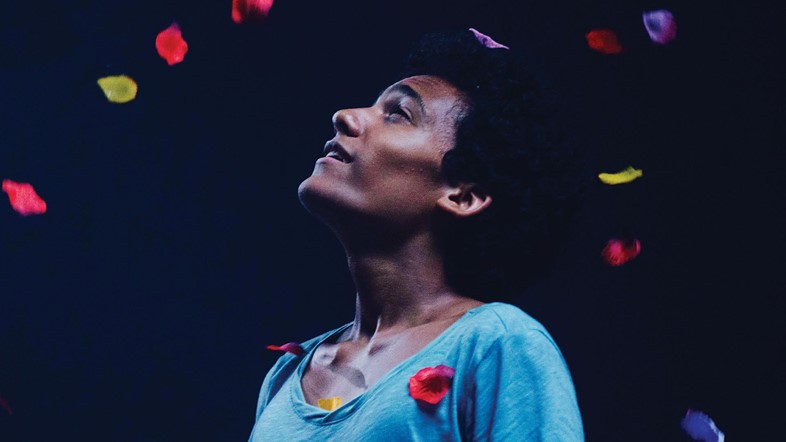
5. Saturday Church, directed by Damon Cardasis
At once a musical, drama, and coming-of-age story, Saturday Church delves into the life of 14-year-old Ulysses, who is grappling with his sexuality and gender identity in the Bronx. Amid historic whitewashing of LGBTIQ films, the characters in Saturday Church are people of colour – which means that the film is an important addition to previous films that have not ignored issues related to gender and sexuality among racialised people (like the recent Moonlight, or The Watermelon Woman and Tongues Untied in the 1990s). Saturday Church is a first for director Damon Cardasis, who is also a co-founder of the Lower East Side Film Festival.
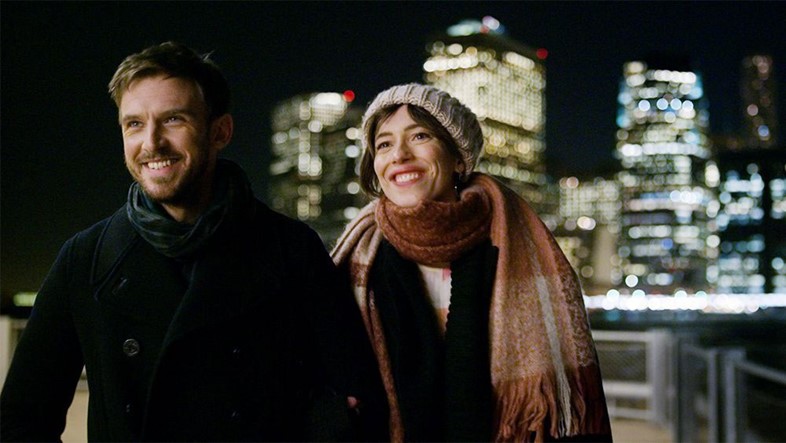
6. Permission, directed by Brian Crano
Today, it feels like open relationships are the new threesomes, and the romantic comedy Permission tackles the phenomenon of relationships without exclusivity. Rebecca Hall (part of a similar narrative to the iconic 2008 film Vicky Cristina Barcelona) plays Anna, who is partnered up with Will (Dan Stevens). They’ve been together forever, encapsulating long-term monogamy and a comfortably vanilla sex life. The narrative is driven by an event in which their romantic security is questioned: during a drunken toast, a friend suggests that they sexually experience other people, which leads to Anna and Will’s foray into an open relationship.
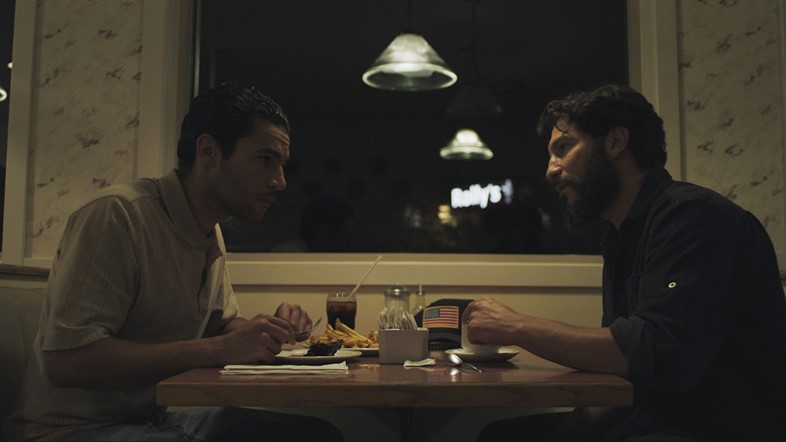
7. Sweet Virginia, directed by Jamie Dagg
While Canada is often thought of as a utopian, democratically socialist paradise for everyone, the Canadian-born Jamie Dagg challenges this, telling The Hollywood Reporter that his small-town upbringing in Canada influenced his new gritty neo-Western. “I’ve witnessed firsthand the frustration that people endure when they feel like they’ve been left behind,” he said. “I’m fascinated with how the lack of anonymity in small communities changes the dynamics in how people relate to one another, where everyone is incestuously interwoven into the very fabric of the community, and keeping secrets is difficult.” According to Tribeca’s new director of programming Cara Cusumano, the film is reminiscent of early Coen Brothers. In Sweet Virginia, Sam (played by Jon Bernthal, a veteran television actor) gets to know Elwood (played by Girls’ Christopher Abbott), who Sam doesn’t realise is a hitman who has been been responsible for violent acts in the unassuming small town. The film is a sophomore effort from Jamie Dagg, whose first film River (2015) received critical acclaim and awards in the Canadian film scene.
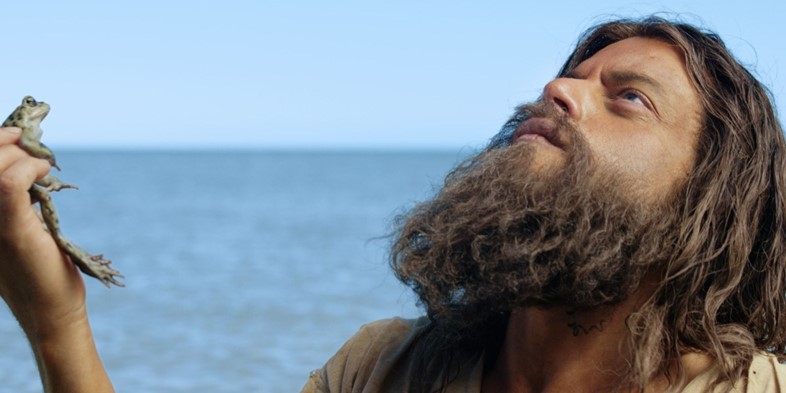
8. Buster’s Mal Heart, directed by Sarah Adina Smith
Upon his electrifying performance as Elliot Alderson on Mr. Robot, Rami Malek’s first starring role in a feature film is Buster’s Mal Heart, a lush visual and emotional foray among Colorado’s landscapes and Malek’s character’s psyche. Malek proves once again that playing well-rounded yet psychologically complex characters is one of his defining talents, complemented by the backdrop which eases us into the immeasurable intricacies of human consciousness.
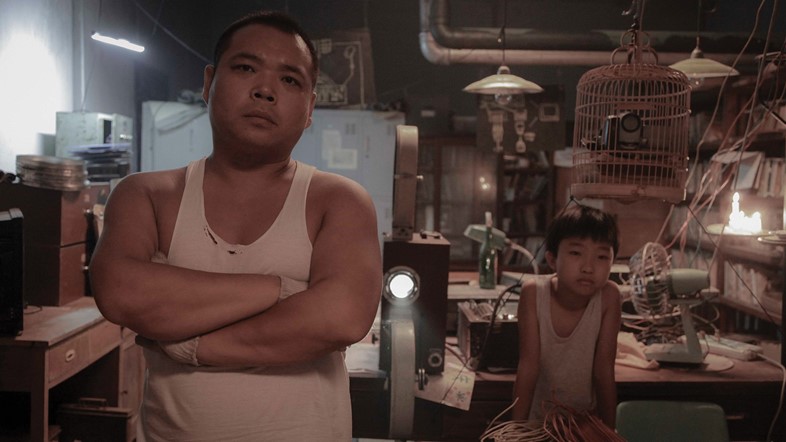
9. King of Peking, directed by Sam Voutas
In 1998, Big Wong (Jun Zhao) and Little Wong (Wang Naixun) are a father and son duo who project Hollywood films to locals. Upon his ex-wife’s order that he pay spousal support, Big Wong becomes a janitor in a Beijing movie theatre to raise money in the hope of keeping custody of Little Wong. Set during the arrival of the DVD, Big Wong finds a DVD recorder in a junk store, which inspires him to begin a basement movie theatre. He calls it King of Peking, and so begins their screenings of pirated films. The comedy is Australian filmmaker and actor Sam Voutas’s second Chinese language film, undoubtedly informed by his upbringing in Beijing in the 1980s and 1990s.
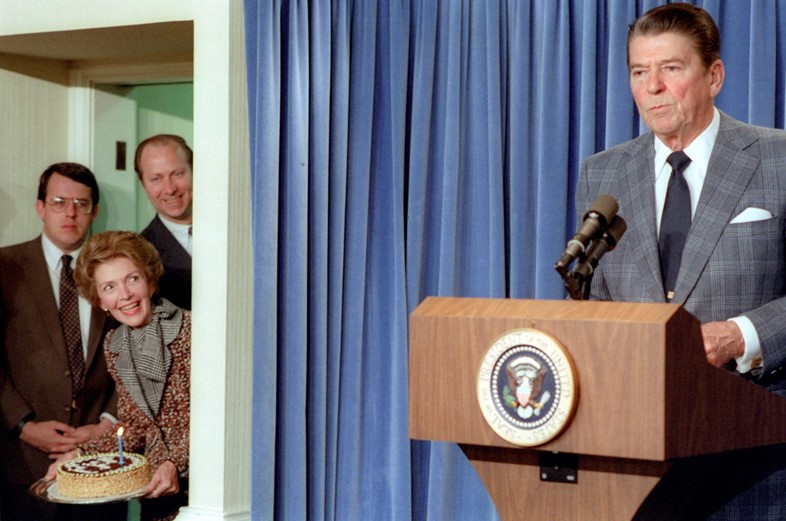
10. The Reagan Show, directed by Pacho Velez and Sierra Pettengill
Before the United States’ current reality-TV-star-cum-president, there was Ronald Reagan, the handsome film star whose cosy friendship with Margaret Thatcher became the neoliberal nightmare to many. When Reagan first gained tenure of the presidency in 1981, his rivalry with the Soviet Union’s leader Mikhail Gorbachev continued the friction of the Cold War (and eerily reminiscent of Donald Trump and Russian president Vladimir Putin’s fragile relationship). Velez and Pettengill’s documentary splices 1980s network news and videotapes that originated from the Reagan Administration, echoing the contemporary political landscape that would have made French theorist Guy Debord and the Situationists International feel physically ill.
